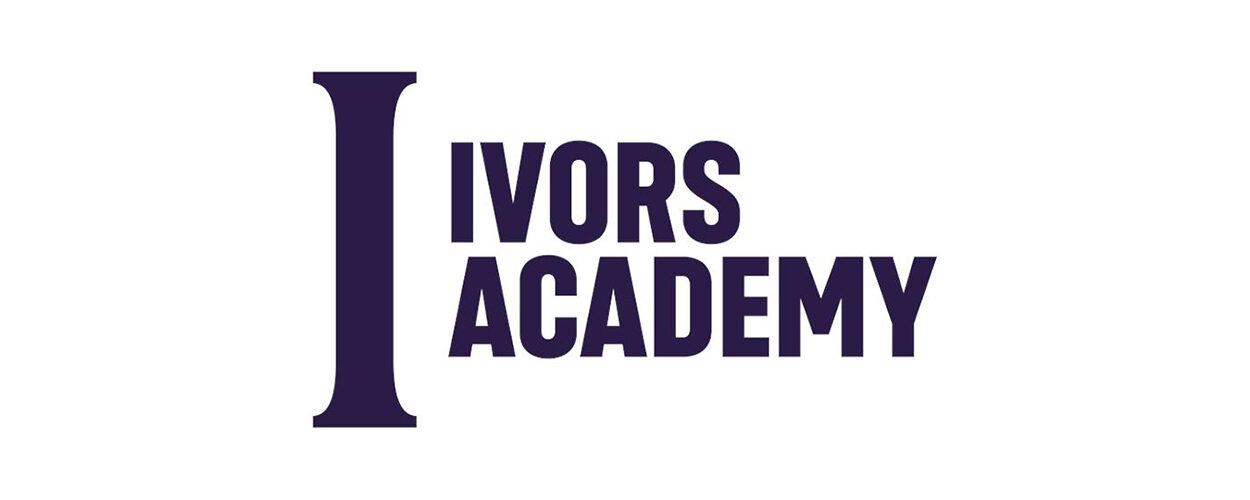This website uses cookies so that we can provide you with the best user experience possible. Cookie information is stored in your browser and performs functions such as recognising you when you return to our website and helping our team to understand which sections of the website you find most interesting and useful.
Business News Digital
Economics Of Streaming Perspectives: Ivors Academy
By CMU Editorial | Published on Thursday 1 June 2023

Following the announcements this week about the ongoing UK government-led economics of music streaming work, we spoke to representatives from some of the organisations involved in that work to get their perspectives on what has been achieved so far and what should happen next.
This time Graham Davies, CEO of the Ivors Academy, the UK organisation for songwriters, lyricists and composers, basically everybody involved in writing and composing music.
What do you think have been the most important aspects of the IPO led projects that were instigated after the select committee inquiry?
The IPO process has enabled greater awareness and understanding across the industry on the detail of the issues, and engagement in possible progressive reform for the music industry.
The support provided by the IPO and continued interest and support of the DCMS Select Committee has been essential to ensuring the importance of the work remains and we can work towards reform.
In having a regular process for dialogue involving senior industry stakeholders and industry experts we have formed closer ties and are developing a more effective way of making and delivering policy.
What do you think should be the priorities of the music-maker remuneration working group that is now being convened?
Ensuring that the UK becomes the best place in the world for music creators to work based on fair remuneration, transparent and fair contracts, and an industry that keeps pace with progressive reforms found in other territories.
From a songwriter and composer perspective, we need to see increased recognition of the higher value publishing rights should receive in the streaming market.
We need minimum rates and contract adjustment mechanisms to ensure that the partnership between the creators of music and the acquirers of music both share appropriately in future success.
The IPO has already undertaken research on the three copyright reforms proposed by the select committee – ie reversion rights, contract adjustment rights and performer ER. What is your current position on those proposals?
All of the potential reforms are relevant to the work of the group.
There has been a lot of discussion of late about reforming the way streaming monies are allocated to individual tracks and catalogues. How can the ongoing economics of streaming work in the UK inform and influence that conversation?
It is unclear at this stage if the scope of the music-maker remuneration group includes royalty allocation methods such as pro rata and user centric. There is an important discussion to be had on changing the method of payment, but it may need to take place in a more international forum.
How do you think the undertakings in the metadata code will impact on the way streaming services work and music-makers get paid?
The code can only improve awareness of the need to recognise the song and wider creative contributors to recordings. The more this information is included, by the way of international standard codes, the more likely songwriters, their publishers and performers will be paid. It will also enhance the consumer experience.
How can your members help ensure the metadata code has the maximum impact? What measures would you encourage them to implement?
We are encouraging all our songwriter and composer members to know their IPI number relating to their identity, what an ISWC is and the process for registering works, and attaching these codes to recordings.
We are contributing to the IPO educational work stream, we have been supporters of WIPO For Creators, and we have founded the Credits Due international campaign. Alongside this we include the subject in our training and development activities for our members.
How can other stakeholders in the music community ensure that the metadata code has the maximum impact? What measures would you encourage them to implement?
We encourage any party involved in the writing, recording, producing, releasing and streaming of music to sign up to the code and support its objectives.





